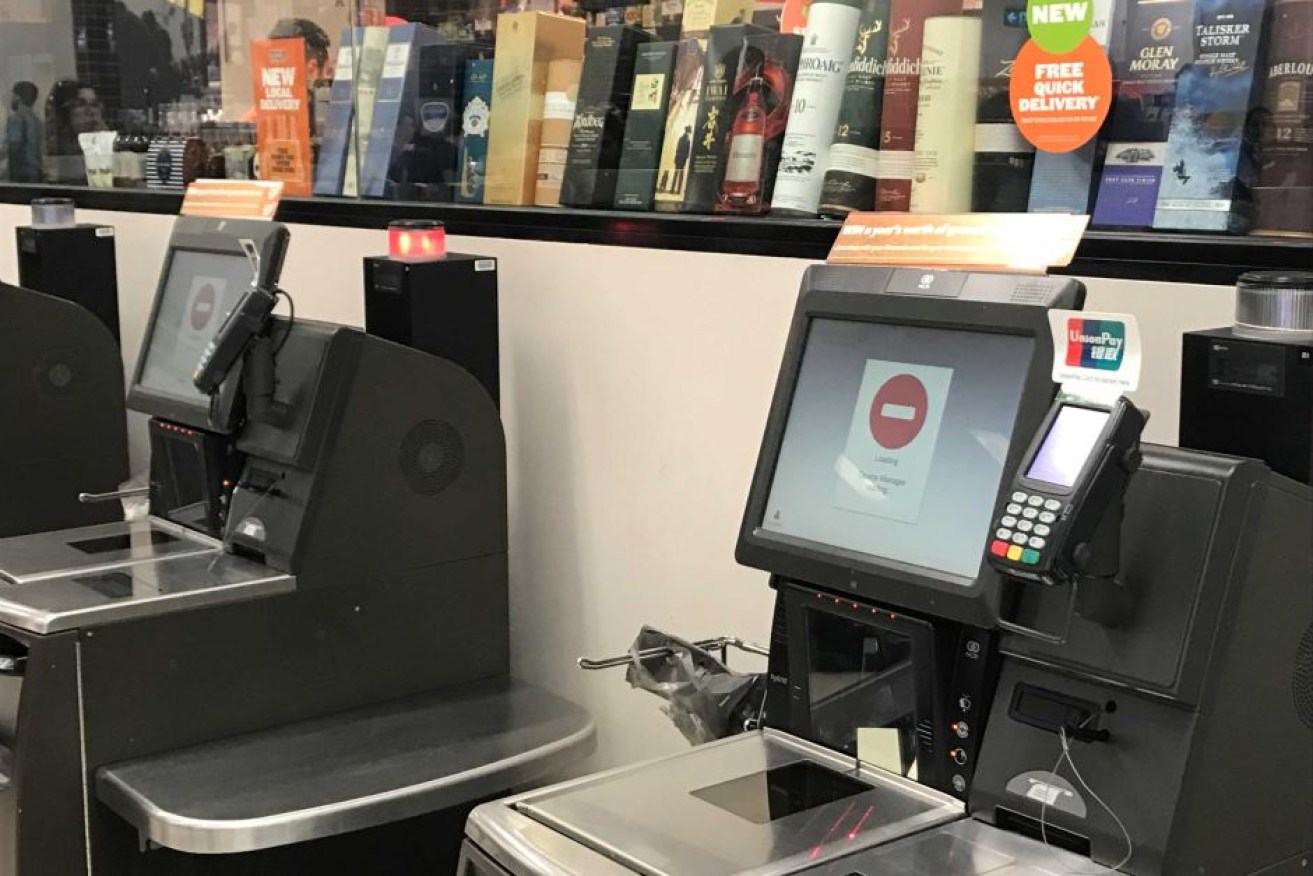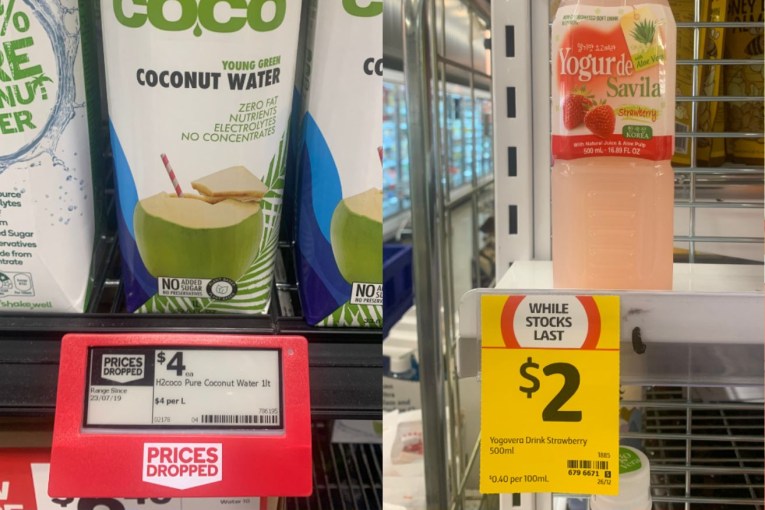Supermarket checkout cheaters beware


Spy cameras designed to catch checkout cheaters are coming to Australia. Photo: ABC
Shoppers who cheat at self-service checkouts by swiping their avocados through as onions will be the target of spy cameras set to be fitted in some supermarkets across the nation this year.
The technology will include do-it-yourself checkouts capable of instantly recognising the difference between a fancy vine-ripened tomato and a budget one, cutting a dishonest shopper’s chances of bagging top-dollar products at a fraction of the cost.
One in 10 shoppers has admitted to being a checkout cheater and the “micro-thefts” have been contributing to a $9 billion annual loss to retailers.
And while perpetrators may think it’s a victimless crime and just a sneaky way to save a few dollars, scanning the wrong item could be categorised as fraud – and it is punishable by law.
The new cameras are the brainchild of a Sydney tech start-up and have been designed to combat that rampant and brazen crime.
Tiliter Technology has been trialling the groundbreaking technology in supermarkets across Europe and the United States in recent months.
Confident their secret checkout cameras could deter shoppers who think they can get away with deceptively scanning the wrong item, the company is in talks with Australian businesses to make it part of their theft-prevention strategies.
The New Daily understands a number of major Australian retailers are considering adopting the technology later this year.

The new system intends to catch checkout cheaters who dishonestly scan items. Photo: AAP
Tiliter co-founder Martin Karafilis said each checkout would be fitted with a small camera that detects food products without the need to scan a barcode.
Any fruit or vegetable placed in front of the device is identified and charged to the customer, cutting down the shopper’s time at the checkout while also reducing the risk of theft.
“This automatic-detection and product-recognition technology reduces the opportunity to scan through expensive items as cheaper ones, for example placing through avocados or expensive meats as cheap onions,” Mr Karafilis said.
He said the cameras could also tell the difference between other items, not just fresh produce.
“[Scanning fresh produce] is the real pain point for cashiers and consumers [because it takes time] at the self-service checkout, as well as a major area of fraud for supermarkets,” Mr Karafilis said.
Retail theft is estimated to cost the industry up to $9 billion a year in Australia, with a large proportion pinned on supermarket scanner-cheating, according to the Australian Retailers Association.
Queensland University of Technology senior research fellow Dr Paula Dootson said one of the reasons Australian shoppers justify “micro-thefts” at self-serve checkouts is because they don’t feel guilty about stealing from a robot.
“There are probably a lot less thefts at farmers’ markets because you can see the victim right there in front of you,” Dr Dootson said.
“If you’re not being served by a human, you don’t feel so bad about it.”
She said a lot of shoppers who deliberately misrepresented items at self-service checkouts often forgot about the potential impact on farmers and suppliers.
“Obviously, it’s going to affect the person supplying the goods because the retailers are going to pass on that loss,” she said.
“People find it hard to comprehend all the different players involved in the supply chain.
“They think, how can stealing a couple of grapes really impact a multibillion-dollar company?”
In a recent survey by Canstar Blue, 9 per cent of shoppers admitted to deliberately not paying for an item at self-service checkouts, either by scanning it as a cheaper item, or taking it without paying.
Shoppers aged 18 to 29 were found to be most likely to deliberately steal from self-service checkouts (12 per cent) and to cheat the system by scanning an item as something cheaper (14 per cent).








